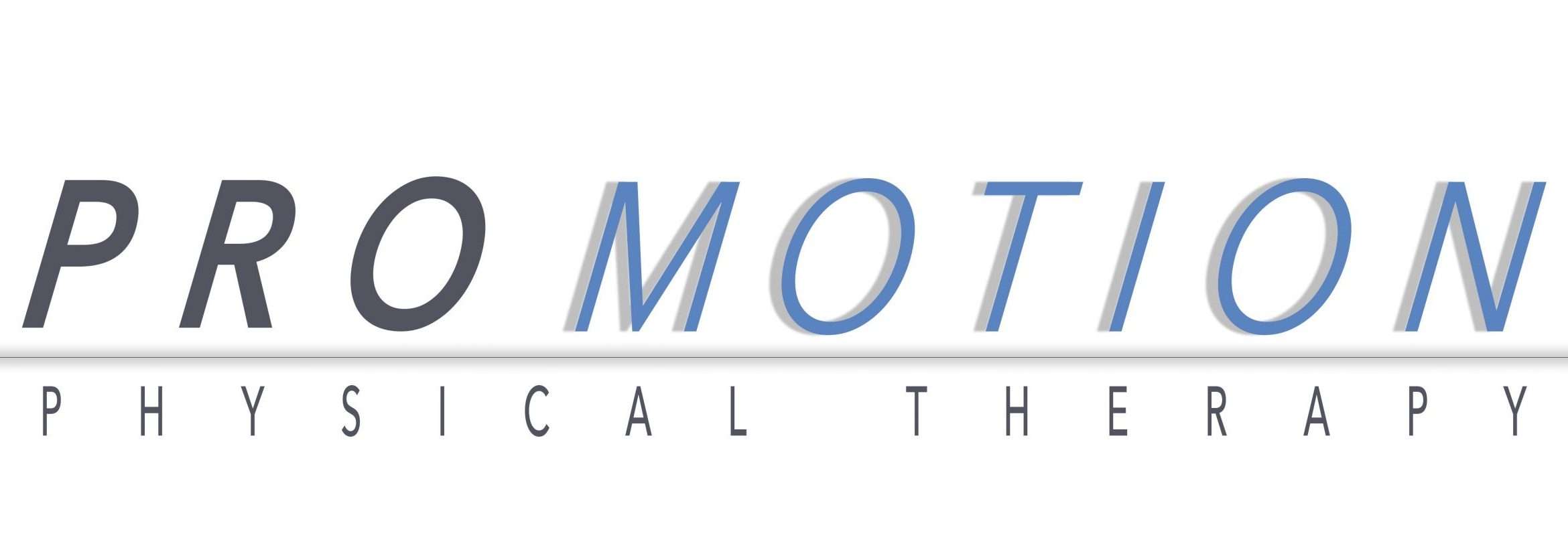TMJ Care
Just like any joint in the body there can be dysfunctions in the TMJ leading to pain/TMD or Temporomandibular Dysfunction. There are sometimes issues with the joint capsule itself which can be tightness of the joint capsule/hypomobile, causing compression of the joint and limits the mobility of the mandible and the disc. There can also be too much mobility/hypermobile. This is when the capsule is too loose and doesn’t provide proper stability to the joint. A lot of times you will have a hypomobile joint on one side and as a compensation there is a hypermobile joint on the other. In our professional experience pain is most commonly present in the hypermobile joint.
When there is a dysfunction in the joint capsule and there becomes an instability in the joint, the disc can be the source of pain, clicking and or locking. In a normal joint the disc rests between the mandible and the base of the temporalis bone. It provides a cushion to prevent bone on bone rubbing which leads to arthritis. But when there is a chronic dysfunction in the joint or the above issue, a joint hypermobility, the disc will sometimes be out of place. Most of the time it rests anterior or forward to the joint. The disc can also get displaced more medial or lateral to the joint. A medial disc dysfunction is more associated with joint pain, a lateral dysfunction is less painful. When the disc is resting too far forward and one opens their mouth, the jaw will glide forward and the disc can relocate back into place. That is the common popping sound a lot of our patients get. A lot of times after the “pop”the pressure or pain in the jaw will decrease or it could also restore opening. The longer the disc is out of place and the surrounding tissue adapts to this dysfunction the more difficult it is to recapture the disc.
A normal Functioning TMJ: https://youtu.be/Nmg3xl13TY0
A dysfunctional TMJ: http://youtu.be/upbs7Hm9tRQ
Can this be treated? Yes, this is a multi disciplinary approach to make sure we address the joint from two angles. First as Physical Therapists we look at the TMJ and what the neck is doing. Second, your dentist or oral specialist will look at the TMJ and your bite or teeth.
From a PT perspective, your TMJ position and function is highly influenced by the way your head rests on your spine. The majority of our TMJ patients also experience headaches, neck stiffness, upper trap tightness and mid back pain. Please see the link below to see how your jaw and bite are affected by your head position: http://youtu.be/fC_51yNOqao
